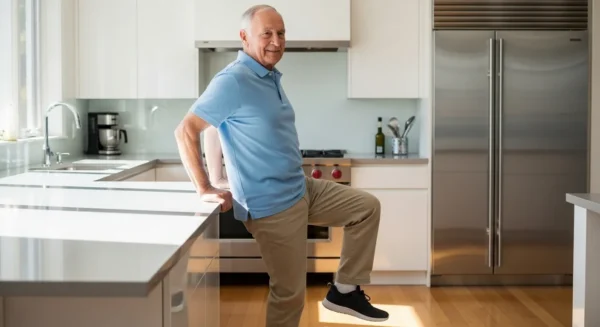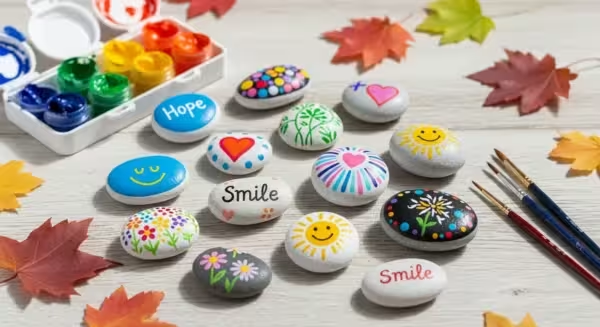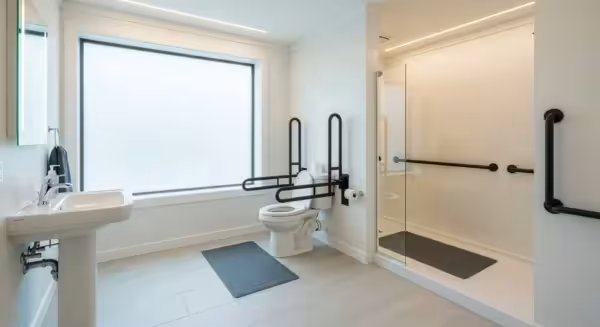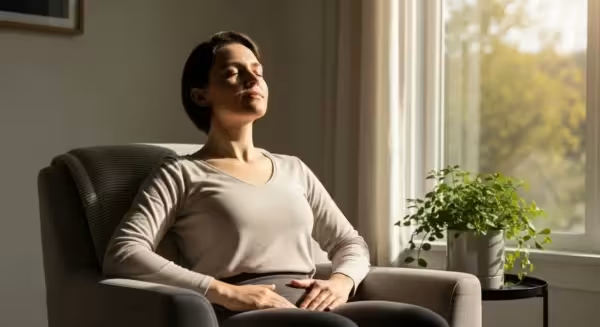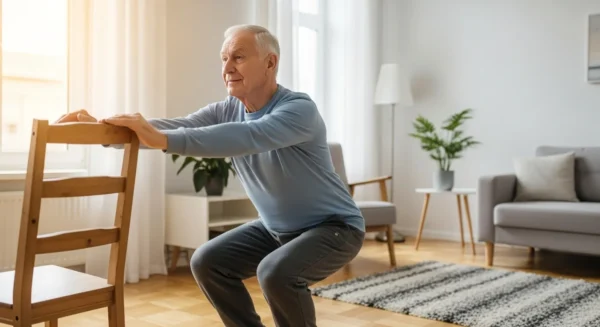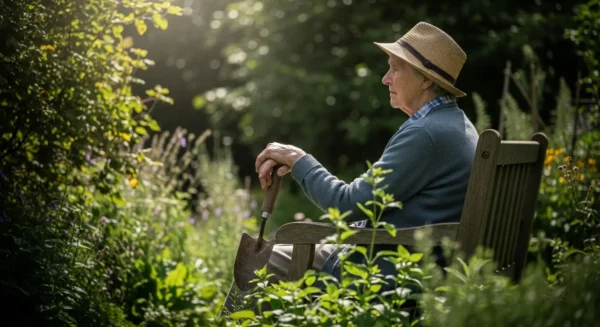
Frequently Asked Questions
How will selling my home affect my Social Security or Medicare?
For most people, selling a primary residence will have no impact on their Social Security or Medicare benefits. The proceeds from the sale of your main home are generally not considered “income” for the purposes of calculating your Social Security benefits or your Medicare premiums. It is viewed as the conversion of one asset (your house) into another (cash). It is always wise to confirm with a financial advisor, but typically you do not need to worry. For official information, you can always visit SSA.gov and Medicare.gov.
What is the capital gains tax exclusion, and how does it work for a married couple?
The capital gains tax exclusion allows you to avoid paying taxes on a large portion of the profit from your home sale. If you have owned and lived in the home as your primary residence for at least two of the last five years, you can exclude up to $250,000 of the gain if you are single, or up to $500,000 if you are married and file a joint tax return. This means a married couple could sell a home with a profit of $500,000 and owe no federal capital gains tax.
Should I do a major kitchen or bathroom renovation before selling?
In most cases, no. While a brand-new kitchen is appealing, you will rarely get a 100% return on your investment. A major renovation is expensive, time-consuming, and stressful. Worse, your specific design choices might not appeal to potential buyers. It is much more cost-effective to focus on smaller, cosmetic updates: paint the cabinets, install new hardware, update the light fixtures, and ensure everything is spotlessly clean.
What are the most important things to fix before listing my home?
Focus on functional issues and glaring cosmetic problems. The top priorities should be anything related to water (leaky roofs, dripping faucets, running toilets), safety (faulty electrical outlets, broken steps), and obvious cosmetic flaws (peeling paint, stained carpets, broken window panes). These are red flags for buyers and home inspectors, so addressing them upfront prevents problems during negotiations.
Where is the best place to put the money after I sell my home?
This depends entirely on your personal financial situation and goals. If you need the money for living expenses soon, you will want to keep it in a safe, accessible account like a high-yield savings account or a certificate of deposit (CD). If you are purchasing another home, the funds will be used for that. If the money is intended for long-term growth or to generate income, you might consider a diversified investment portfolio or an annuity. This is a critical decision that should be made with the help of a trusted financial advisor who can create a strategy tailored to your needs.






